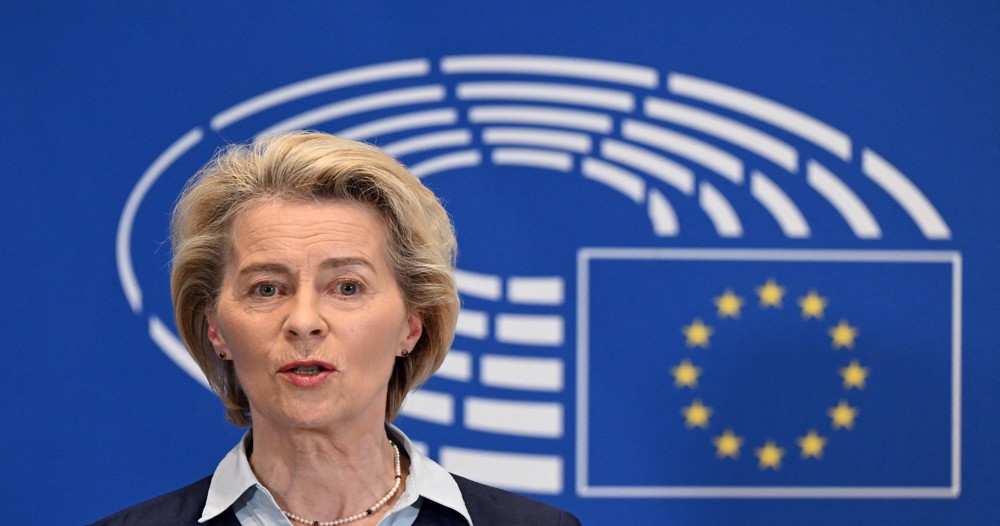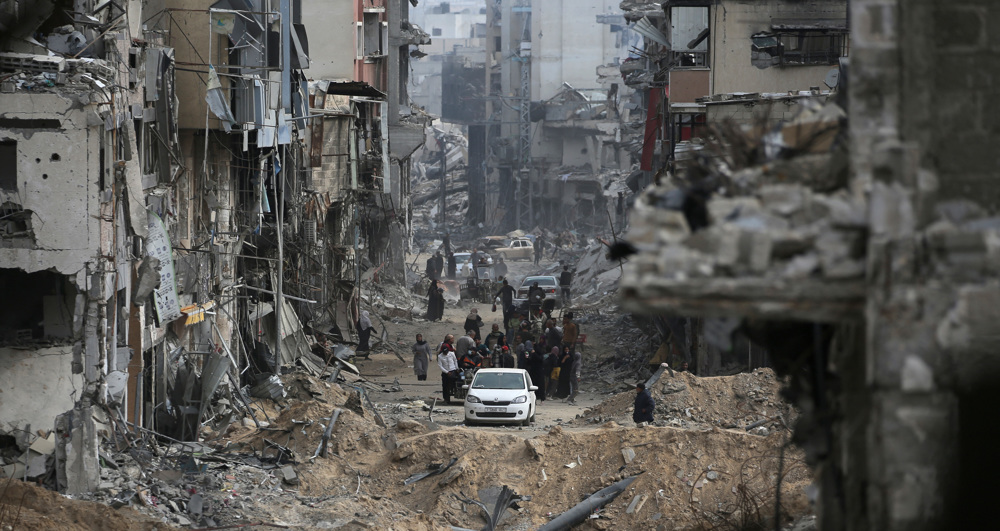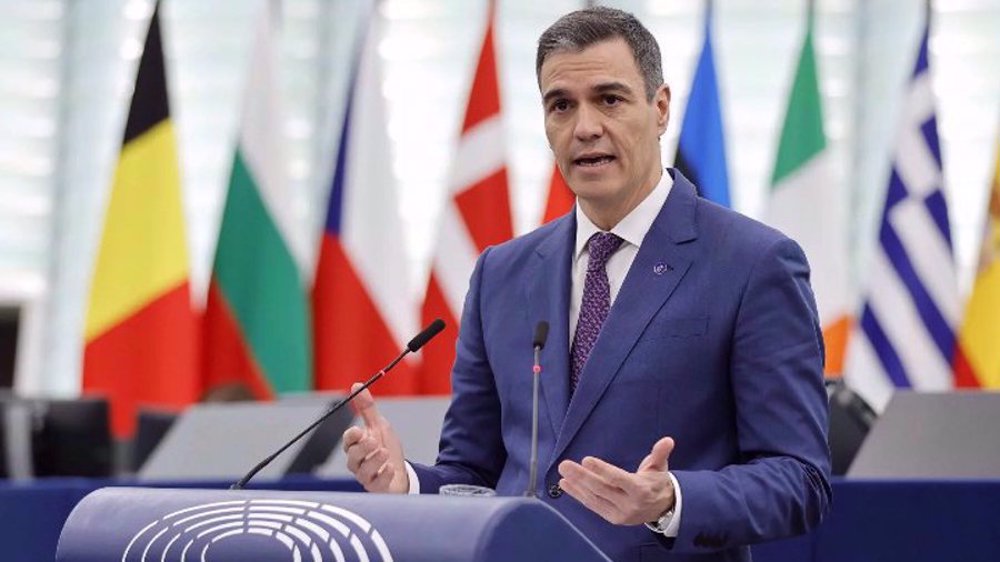Moldova cancels sending troops to NATO drills
Moldova has canceled the participation of a small group of its soldiers in the upcoming NATO drills against the backdrop of tensions between the Western military alliance and Russia.
Moldovan President Igor Dodon announced the decision in a message posted on Facebook on Tuesday.
President Dodon rejected a request by the defense ministry to send 57 Moldovan soldiers to the drills in western Ukraine.
"We do not accept involvement by Moldovan servicemen in military exercises beyond the national borders," the president said.
The war games have been scheduled from September 7 to 23.
Dodon, who supports a strategic partnership with Russia, earlier this year said he was against NATO opening a planned liaison office in the capital Chisinau.
Wedged between Ukraine and Romania, Moldova has endured a split between those favoring ties with Moscow and pro-European politicians.
Moscow has repeatedly accused Western governments, mainly the United States, of using NATO to spark a new arms race in the Baltics and the Balkan region. Russians say NATO’s eastward expansion toward Russia’s borders is a serious threat to Russia’s security.
The United States began operating its land-based missile system in Romania in 2016, a mission which has reportedly cost $800 million. Washington also plans to deploy a similar system in Poland.
Washington has defended the deployments as a bid to protect itself and Europe from what it calls Russia’s threats. The US military buildup in Eastern Europe is, however, perceived as an effort to curb Russia’s influence.

The row between NATO and Russia escalated three years ago when deep political developments in Ukraine led to a full-fledged conflict.
NATO has been deploying troops and equipment close to Russia’s borders since the severance of ties in April 2014. NATO suspended ties with Moscow after the Crimean Peninsula rejoined the Russian Federation following a referendum in March 2014.
The United States and its European allies also accuse Moscow of having a hand in the conflict in eastern Ukraine and have imposed a number of sanctions against Russian and pro-Russia figures. The Kremlin, however, rejects the allegation.
In response to NATO's aggressive moves, Russia has beefed up its southwestern military capacity and slapped its own sanctions on the opposite side.
In addition, Moscow has suspended a series of nuclear deals, including a symbolic pact to cut stocks of weapons-grade plutonium in both countries.
Last year, Russia deployed nuclear-capable Iskander-M missiles to the country’s westernmost region of Kaliningrad, near its border with the Baltic countries and NATO member states.
The ties further deteriorated when Moscow in September 2015 launched an air offensive against the Takfiri Daesh terrorists in Syria, many of whom were initially trained by the CIA spy agency to fight against the Syrian government.
Raeisi: Operation True Promise ‘a necessary response’ to Israel
OIC slams US for blocking Palestine’s bid for full UN membership
US police arrest 108 pro-Palestine protesters at Columbia University
Top commander names four 'historic achievements' of Operation True Promise
VIDEO | Iranian attack and crisis of entity
UN chief: Israel’s war turned Gaza into 'humanitarian hellscape'
Meta's WhatsApp challenged for complicity in Israel’s Gaza genocide
Iran, Jordan underline need to stop Israel’s genocidal war on Gaza










 This makes it easy to access the Press TV website
This makes it easy to access the Press TV website